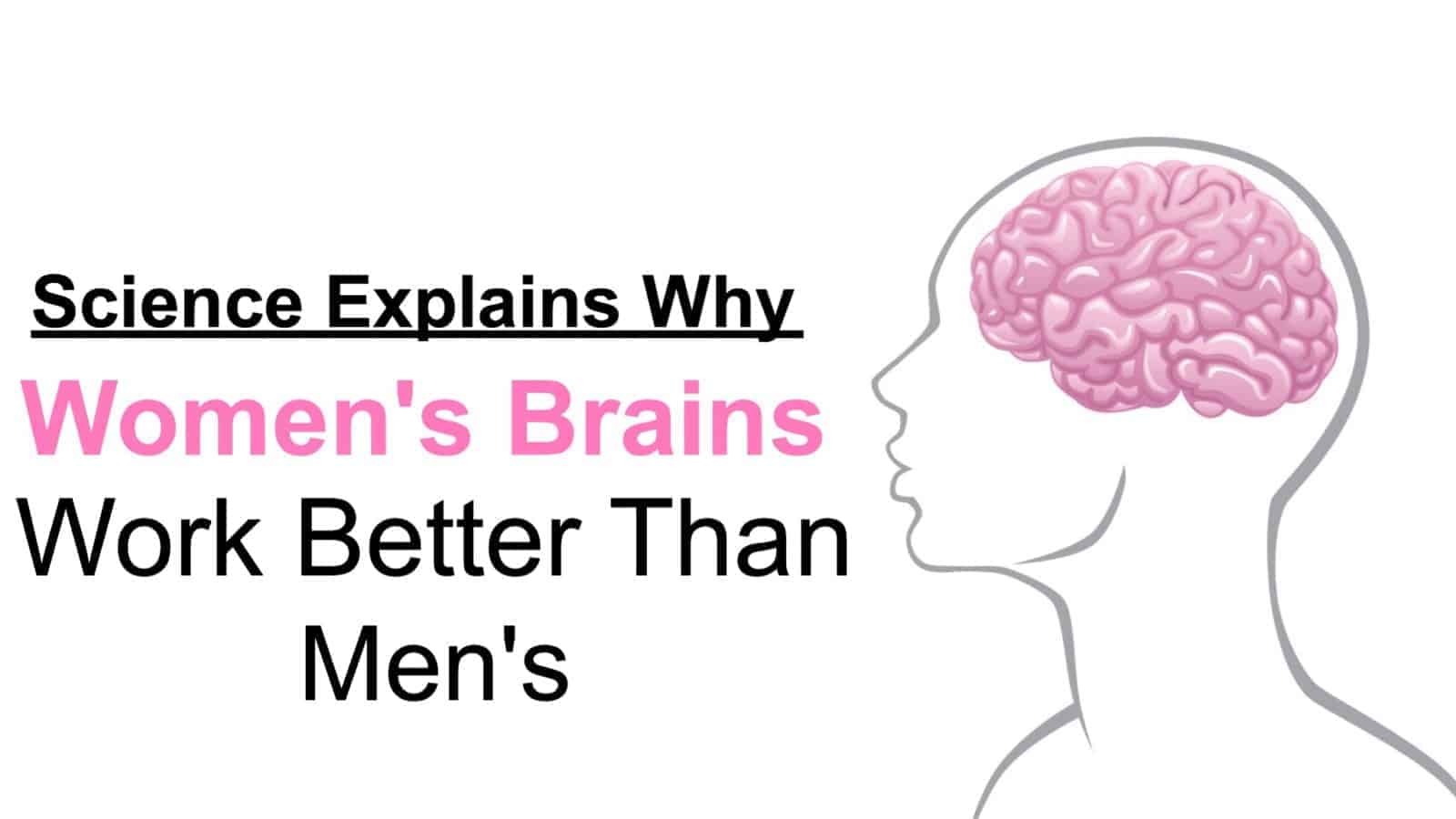Millions of people today have taken up the practice of meditation due to its ability to rewire the brain and promote calm feelings in the mind and body. This practice offers a wide range of benefits from easing depression to helping with weight loss. Therefore, meditation can transform the lives of everyone who practices it in some way.
Many people look forward to vacations or time off of work. Indeed, this break gives them a chance to rest their weary minds. However, you don’t need to travel or spend any money to get the solace you seek. Search within, and you can find everything you’ve been looking for.
During meditation, you can detach from the mental chatter and emotional states. You learn how to connect with the soul. Those who delve deep in meditation can quiet all of the senses and experience a peace that most of us couldn’t even fathom. However, everyone can access this realm of pure tranquility by using willpower, concentration, and dedication.
We all can create either chaos or peace in our lives with the power of our minds.
Our thoughts create our realities, so we get to choose what we experience on a minute by minute basis.
Meditation allows us a path back to ourselves. We came from love and peace. Thus, we must find our way back to this place within ourselves. Meditation can rewire your brain and change your thinking patterns, and the best part is, anyone can do it free of charge in their own home.
“To understand the immeasurable, the mind must be extraordinarily quiet, still.” ~Jiddu Krishnamurti
Here are eight ways meditation rewires your brain and helps you remain calm:
1 – Meditation lowers your heart rate and stress levels.
In a study from Stanford University, participants who completed an eight-week mindfulness meditation course had more significant activity in areas of the prefrontal cortex that regulate emotions. In turn, this helped lower their stress levels. Another five-year study asked 201 patients with coronary heart disease to engage in transcendental meditation, which involves repeating a sound or mantra, for 15 minutes per day. The meditators had a 48% lower risk of heart disease, stroke, and death following this meditation program. Their blood pressure and stress levels also decreased.
2 – Meditation preserves the brain.
One study from UCLA found that long-term meditators had less brain decay as they age. Participants who’d practiced meditation for around 20 years had more grey matter volume throughout the brain.
The older meditators still showed some volume loss in the brain, but the non-meditators’ brains had much more noticeable signs of aging. Study author Florian Kurth said that the research team didn’t expect to see such distinct effects from meditating, but they observed widespread changes throughout the brain.
3 – Meditation reduces activity in the brain’s “me” center.
One study from Yale University found that mindfulness meditation reduces activity in the default mode network (DMN), the area of the brain that causes disorganized, chaotic thoughts. The DMN becomes activated when our minds don’t have anything specific on which we should focus. And unfortunately, our thoughts tend to become cynical when left to their own devices. Our monkey minds often focus on the negative because biology wired our brains to scan for threats in our environment.
In our modern world, however, this innate characteristic can lead to ruminating about the past or future, worrying about bills, etc. Meditation can help to quiet this area of the brain so that we can focus on one task and activity at a time.
Meditation causes new synapses to form in the brain so that when the mind does wander, the meditator can easily come back to the present moment.
4 – It helps reduce depression symptoms.
A review study at Johns Hopkins looked at how meditation can reduce symptoms of depression in people who practice it regularly. Researcher Madhav Goyal and his team found that meditation had an effect size of 0.3. That number may sound low, but antidepressants have the same effect size.
“A lot of people have this idea that meditation means sitting down and doing nothing,” says Goyal. “But that’s not true. Meditation is an active training of the mind to increase awareness, and different meditation programs approach this in different ways.”
Meditation isn’t a magic bullet for depression, as no treatment is, but it’s one of the tools that may help manage symptoms.
5 – Meditation can lead to increased thickness in the brain.
In 2011, Sara Lazar and her team at Harvard found that eight weeks of mindfulness-based stress reduction (MBSR) increased cortical thickness in the hippocampus, which aids in learning and memory. Areas of the brain responsible for emotion regulation and self-referential processing also showed increased thickness. The team found decreases in brain cell volume in the amygdala, which makes us feel fear, anxiety, or stress.
These changes matched the participants’ accounts of their stress levels, which shows that meditation can alter the perception of our emotions as well as areas of the brain responsible for regulating them.
So, not only can meditation improve learning and memory, but it can help reduce unwanted negative feelings, thus enhancing our quality of life in general.
7 – It improves concentration and attention.
In our world of constant distractions, it doesn’t come as a surprise that many people have trouble concentrating on one task at a time nowadays. However, meditation gives us the tools we need to retrain our brains to focus. One study found that in just two weeks of meditation training, people scored higher on the verbal reasoning section of the GRE. The average increase in score was a whopping 16 percentile points.
Meditation involves concentration and focuses on achieving desired results, so this carries over into the “real world” as well. Better concentration and attention can improve job performance, test scores at school, and even conversation and listening skills.
7 – Meditation lowers both generalized anxiety and social anxiety.
Anxiety seems pervasive in almost every area of the world today. In our fast-paced culture, this just seems to occur as an unfortunate side effect. However, the meditation we mentioned previously called Mindfulness-Based Stress Reduction (MBSR), can help to lower stress and anxiety levels. Research shows that mindfulness meditation can help reduce anxiety symptoms due to the decrease in rumination and reduced activity in the “me” center of the brain. Mindfulness meditation can even help with a social anxiety disorder. A Stanford University team found that MBSR led to changes in areas of the brain governing attention. In this way, meditation helps to calm self-destructive thoughts so that socializing and being out in public doesn’t seem as overwhelming.
8 – Meditation can help to fight addiction.
A growing number of studies have shown that meditation can help people recover from addiction due to the increase in self-control one experiences after regular practice. One study, for example, compared mindfulness training to the American Lung Association’s freedom from smoking (FFS) program. They found that people who learned mindfulness had a much higher chance of quitting smoking by the end of the training, as well as at 17 weeks follow-up than those in the FFS program.
Researchers believe that meditation may help people control their cravings better. Thus, they can simply watch the waves of thought pass by without reacting to them. In other words, they can simply observe their desire without having to give into it. However, some different types of therapy, such as cognitive-behavioral therapy, might be necessary as a supplement in some cases.
 Final thoughts on how meditation can rewire your brain and help you stay calm
Final thoughts on how meditation can rewire your brain and help you stay calm
Meditation offers us such a powerful tool to rewire our brains and help us remain calm even amid chaos. Meditation helps reduce depression and anxiety symptoms, fight addiction, improve concentration and attention, decrease social anxiety symptoms, and reduce aging in the brain.
It also lowers heart rate and stress, leads to increased thickness in the brain, and reduces rumination and negative thinking. Meditation offers mental and emotional benefits. Plus, it can improve our physical health as well.
This shutdown offers all of us an excellent opportunity to slow down, go within ourselves, and start up a regular meditation practice. We all have incredible power within us to assert more self-control and achieve a better balance in our lives.
If you haven’t started a meditation practice of your own, just make sure to find a quiet area that you feel comfortable in. Also, try using crystals, calming music, incense, or whatever else adds to your experience and gets you into a zen state of mind.
Even if you can only spend 10 or 15 minutes before work meditating, that is fine. This time spent can change your mindset for the rest of the day. It can seem daunting at first to just sit alone with your thoughts. But once you start feeling and seeing the results, it will make it easier to incorporate into your daily life.




















